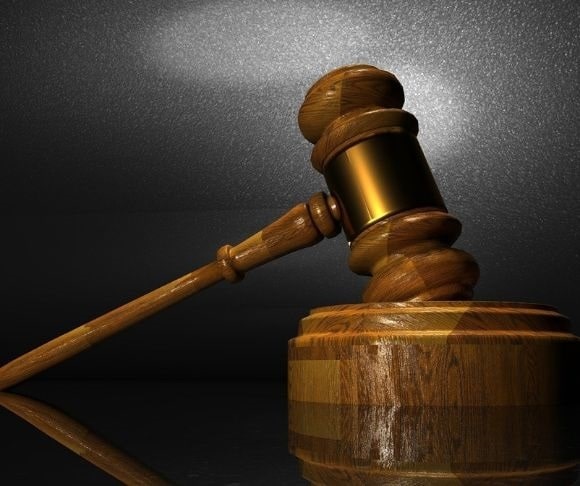
Hours before Justice Breyer retired and Justice Jackson was sworn in, the United States Supreme Court issued orders in several pending gun-rights cases. This was, of course, after last week’s landmark victory for gun rights in New York State Rifle and Pistol Association v. Bruen. The Court’s orders in cases about carry licenses, so-called high-capacity magazines, and “assault-weapons” bans, are the beginning of a new era in firearms regulation across the country. On top of all that, the Supreme Court’s ruling in West Virginia v. EPA, also handed down on Thursday, means the ATF will face new challenges with restrictive regulations.
Aloha, Gun-Owners
 Libertynation.com spoke exclusively with Stephen D. Stamboulieh, a gun rights lawyer representing a Hawaii man, Mr. Young, who wanted to carry a gun for self-protection. Like almost all applicants, he was denied. That was the system working as designed to keep citizens from ever obtaining a license. Mr. Young brought his case eleven years ago, wading through the courts and facing judicial delay after delay to reach this point. Now it shouldn’t be long before Hawaii obeys the law and grants ordinary, law-abiding citizens permission to carry firearms.
Libertynation.com spoke exclusively with Stephen D. Stamboulieh, a gun rights lawyer representing a Hawaii man, Mr. Young, who wanted to carry a gun for self-protection. Like almost all applicants, he was denied. That was the system working as designed to keep citizens from ever obtaining a license. Mr. Young brought his case eleven years ago, wading through the courts and facing judicial delay after delay to reach this point. Now it shouldn’t be long before Hawaii obeys the law and grants ordinary, law-abiding citizens permission to carry firearms.
Mr. Stamboulieh said Mr. Young was vindicated in his challenge to Hawaii’s gun carry law. It mimics New York’s, which was just held unconstitutional. Though Hawaii’s rules are much stricter. Hawaii police chiefs have issued only four carry permits in the last 22 years. The Court granted the petition in the case, vacated the lower court judgment hostile to gun rights, and remanded the case back down to be ruled upon under the new precedent. Asked if he thought more fighting would be needed for the lower courts to order Hawaii to comply with Bruen, Stamboulieh said no. “They can’t come to a different conclusion.”
 Hawaii is a member of the “may-issue” club of states where the process is the punishment. Gun carry licenses are generally not granted, no matter the facts presented on the application. But, Stamboulieh said, “that’s gone,” and there was “nothing else for them to do but start issuing licenses.” Given how many laws may now be both in force and unconstitutional, after Bruen, LN asked Stamboulieh if it amounted to a full-employment act for lawyers challenging gun laws. He replied, “It’s overtime – all hands on deck,” and he expected to burn the midnight oil for quite a while.
Hawaii is a member of the “may-issue” club of states where the process is the punishment. Gun carry licenses are generally not granted, no matter the facts presented on the application. But, Stamboulieh said, “that’s gone,” and there was “nothing else for them to do but start issuing licenses.” Given how many laws may now be both in force and unconstitutional, after Bruen, LN asked Stamboulieh if it amounted to a full-employment act for lawyers challenging gun laws. He replied, “It’s overtime – all hands on deck,” and he expected to burn the midnight oil for quite a while.
Another case the Court ruled on before ending this term was West Virginia v. EPA. The ruling has implications far beyond power plant regulations and directly impacts the right to keep and bear arms. By this time next year, we can expect ATF to move in some restrictive way against popular pistol braces – but those regulations will now be judged against a harsher standard by the courts.
Remember to check out the web’s best conservative news aggregator
Whatfinger.com — the #1 Alternative to the Drudge


